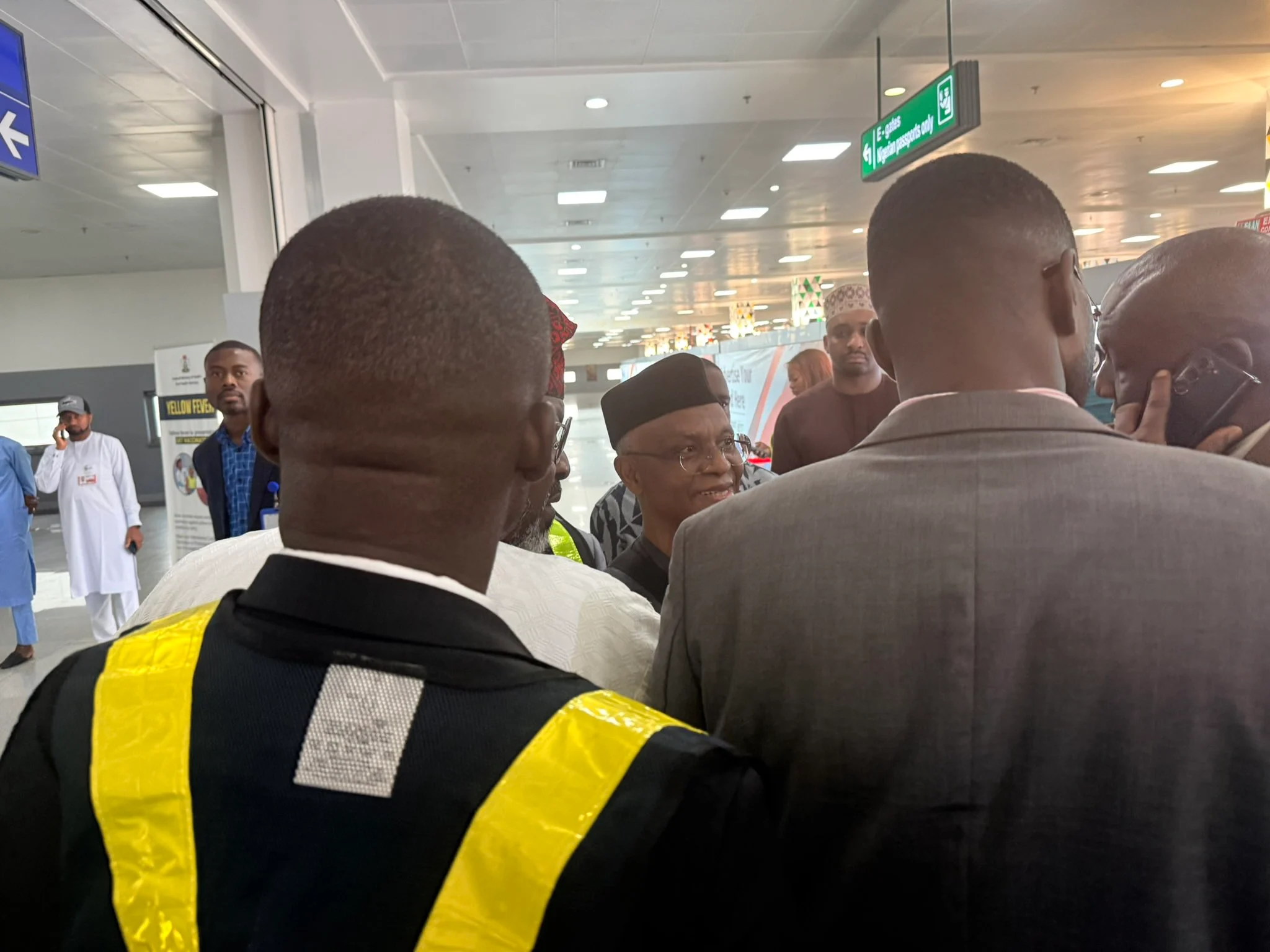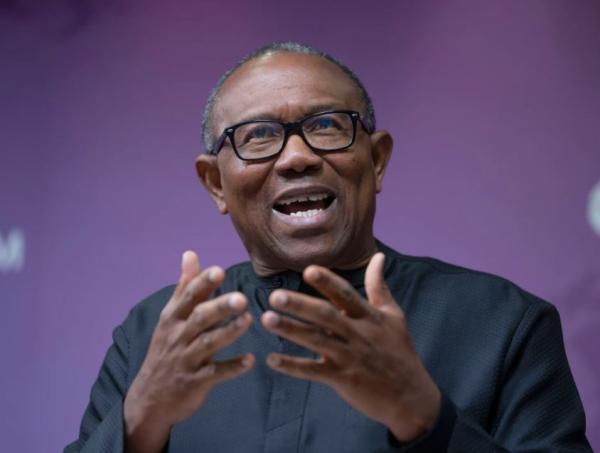
The various international submarine fibre optic cables in Nigeria valued at $3 billion (about N480 billion) are ‘grossly under-utilised and largely idle,’ we have learnt. The continent’s submarine cable market is valued at an estimated $20 billion, with cable operators including the South Atlantic 3; MainOne; Glo1; West African Cable System (WACS); African Coast to Europe (ACE); Lower Indian Ocean Network (Lion); Seacom; EASSy; TEAMS; among others, dominating the market. The submarine cables, which have their landing points on Nigeria’s shores are South Atlantic 3 (SAT-3) valued at $600 million; Glo 1 cable built at the cost of $800 million; MainOne Cable, whose construction cost $250 million; West African Cable System (WACS) at $650 million and ACE valued at $700 million.
All the five in-country cables come with an investment of $3 billion (N480 billion) with checks indicting that they are virtually stranded on the coastline. The cables, which brought huge internet capacity running into over 10 terabit bandwidth into the country also represents a key investment in Nigeria’s and Africa’s Information and Communication Technology industry. With their landing in Lagos, experts say that additional investment is required by telecoms investors to drive lastmile connectivity across the country. “The encouragement of inter-city fibre link investors is critical to ensuring widespread internet connectivity, expected to take bandwidth capacity across the country,” said Chief Executive Officer, Telecoms Answers Associates and former President, Association of Telecoms Companies of Nigeria, Mr Titi Omo-Ettu.
This, according to him, is expected to have positive multiplier effects on the Nigerian economy within the shortest possible time. New Telegraph gathered that on account of the apparent lack of incentives for local investors to drive last-mile connectivity on the undersea cables, the cables’ capacity is ‘grossly underutilised and largely idle.’ “Only about 10 per cent of the total capacity of undersea cables in Nigeria is currently being utilised, leaving a whopping 90 per cent of the bandwidth capacity on the submarine cables idle,” said Chief Executive Officer of Ceragon Networks Limited, Mr Bekele Tadesse, in an interview. He, however, stressed that proper usage of the capacity on the submarine cables holds the solution to the provision of the pervasive broadband and other telecoms services for Nigeria. Nigeria’s broadband penetration is still low at six per cent, according to the Minister of Communication Technology, Mrs Omobola Johnson.
“Today, we have a mandate to achieve a five-fold broadband penetration in the country by the end of 2018 as contained in the National Broadband Plan 2013-2018 and we know that last-mile is still a challenge that needs to be surmounted,” Mrs Johnson said. Group Managing Director, Teledom International, Dr Emmanuel Ekuwem, said that by ensuring last-mile connectivity of the bandwidth capacity on the cables across the nooks and crannies of the country, “the country will experience unprecedented ubiquitous telecoms services, especially broadband, which is the next frontier of revolution in the country.” Meanwhile, the telecoms industry regulator, the Nigerian Communications (NCC), is currently planning licensing of seven Infrastructure Companies (InfraCos) each in the six geo-political zones and the Federal Capital Territory, Abuja, which will tap capacity on the submarine cables to provide services in their areas of operation. Also, the Chief Executive Officer, MainOne, Ms Funke Opeke, said that the disruptive nature of the InfraCos is necessary because of the slow pace of capacity distribution in the country.
“Currently, there is limited distribution of infrastructure and the coming on board of InfraCos will also help in taking the capacity from undersea cables to different parts of the country. This is why we feel that the Open Access Model of NCC, which is bringing about the licensing of InfraCos will also bring down the cost of distributing services to all Nigerians,” she added. The InfraCos, according to NCC, would further accelerate the rollout of a nationwide metropolitan and backbone fibre network on an open access, non-discriminatory, price-regulated basis. Opeke noted that there are many initiatives embarked upon by MainOne even before the regulator came up with the InfraCo model, which makes the company an ideal candidate for the licence. Meanwhile, strengthening last-mile connectivity is considered one of the most pressing issues currently facing the Information Communications Technology (ICT) industry. “We have been calling for the release of more spectrum to enable operators deliver services to the people,” said ATCON’s incumbent President, Mr Lanre Ajayi. “We are doing well in international connectivity, but in-country connectivity has been our major challenge as operators are faced with many hurdles impeding last-mile rollout.”





















